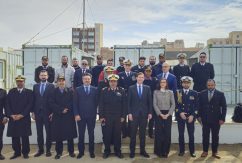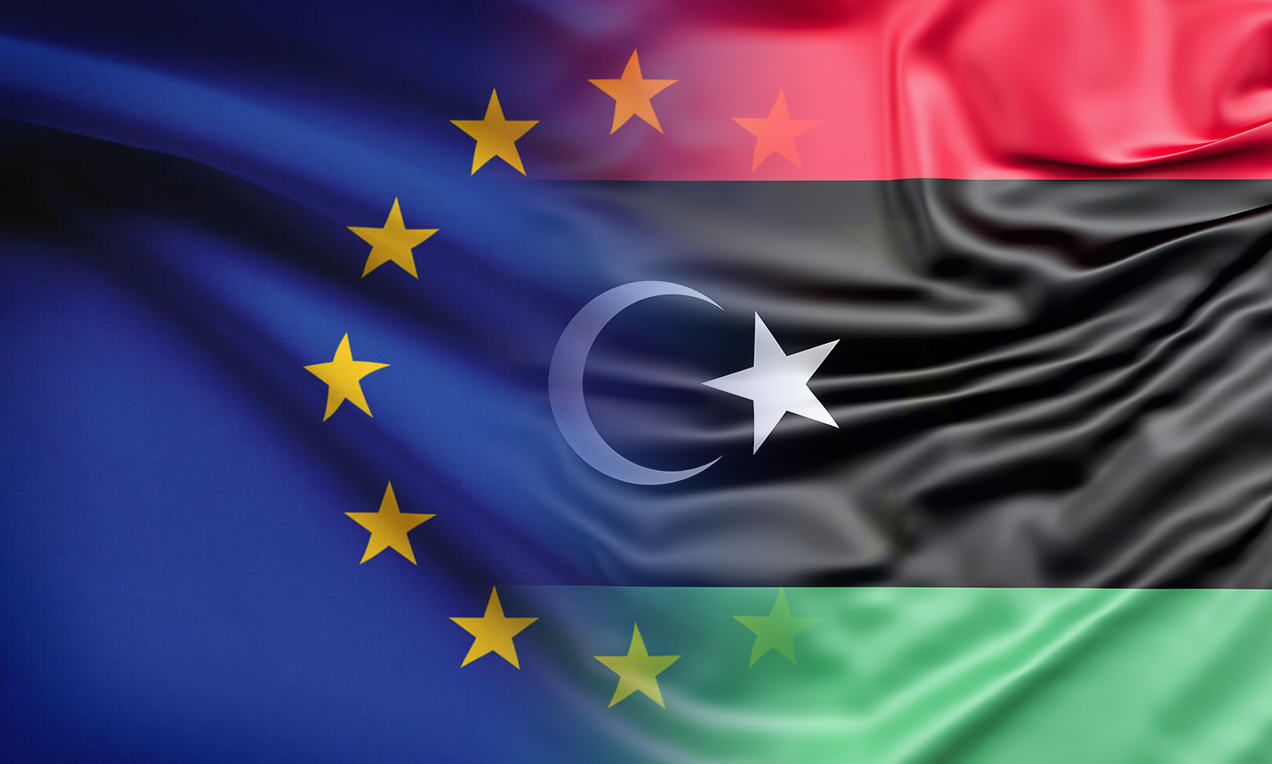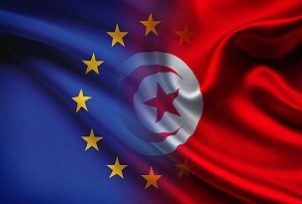The e-Fishmed final conference praises its contribution to the fight against IUU fishing

The final conference of the e-FishMed project initiated by the European Commission and financed under the European Maritime Fisheries and Aquaculture Fund (EMFAF), was held in Brussels on 22 January 2025.
The e-FishMed project has aimed to set up a virtual regional academy to support the fight against IUU fishing and the control of conservation and management measures in the Mediterranean Sea, especially those adopted by the General Fisheries Commission for the Mediterranean (GFCM) and the International Commission for the Conservation of Atlantic Tunas (ICCAT). Algeria, Libya, Mauritania, Morocco, and Tunisia are beneficiaries of the project, and the initiative is supported by France, Italy, Malta, Portugal and Spain.
The final conference organised by the European Fisheries Control Agency (EFCA) was the occasion to review the progress made within the project during the three years of implementation (2022-2025), to discuss the main results achieved and the possible way forward. During the three years of implementation e-FishMed delivered:
- a common training curriculum for fisheries inspectors and Fisheries Monitoring Centres (FMCs) operators that will improve monitoring, control and surveillance activities in the Mediterranean and Eastern Atlantic through a better common understanding of the rules to be applied on fisheries control and inspection activities;
- an e-learning platform that hosts e-learning modules and other training material such as video tutorials, manuals, and international, regional and national legislation, allowing fisheries inspectors and FMC operators to train themselves anytime from anywhere. 214 officials from beneficiary countries are already using the platform;
- training sessions for fisheries inspectors and FMC operators, and for fisheries officials involved in training activities as trainers.
- an exchange programme promoting further collaboration, sharing of expertise, and networking between northern and southern Mediterranean and Eastern Atlantic countries.





























 Syria
Syria 






